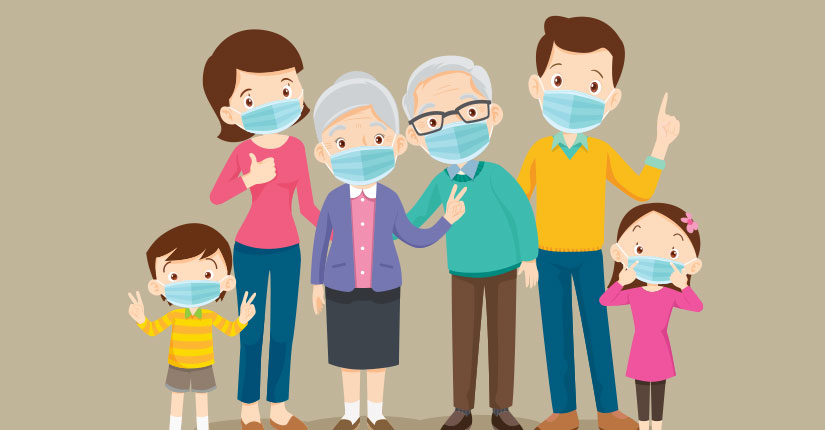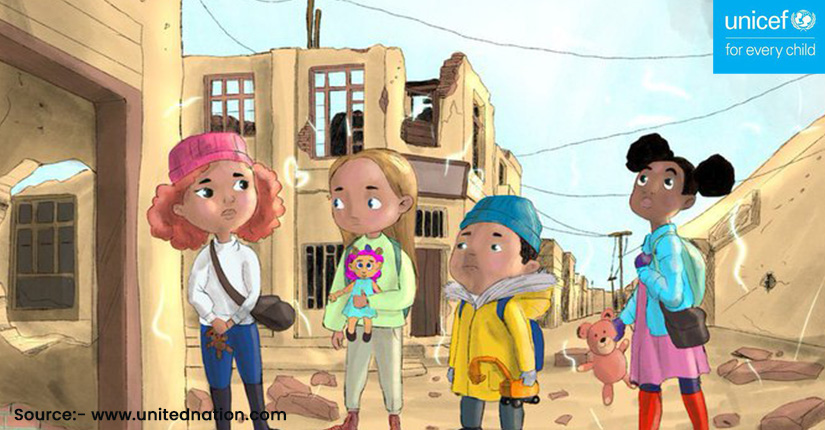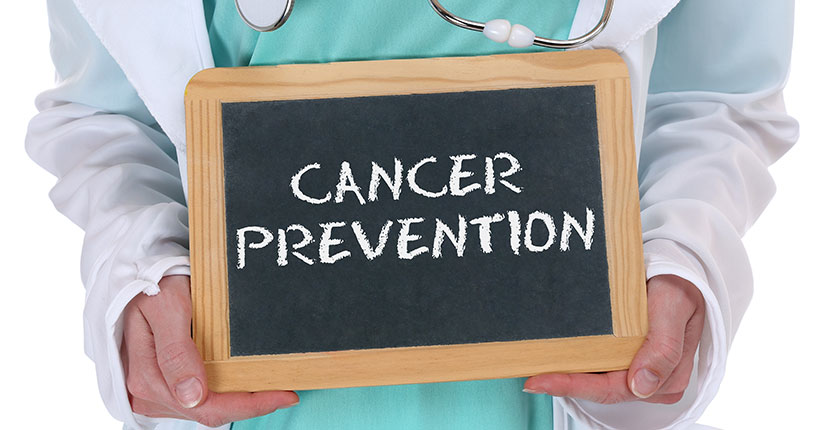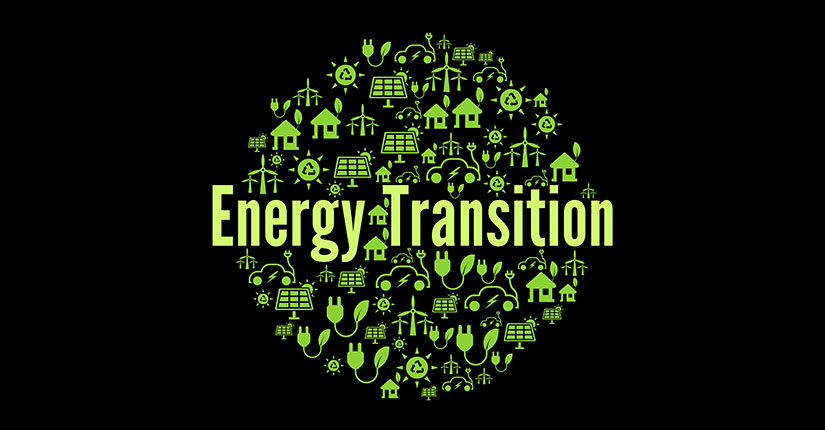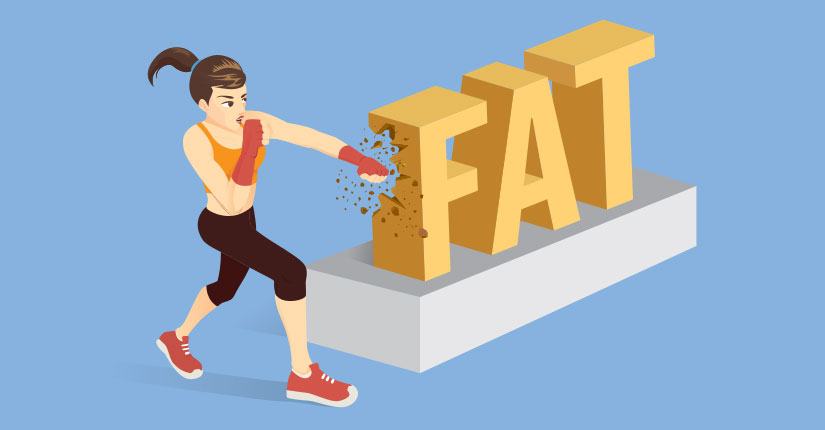Life After Lockdown: How COVID-19 Has Affected the Core of Our Existence
By Nmami Life Editorial 03-May 2020 Reading Time: 7 Mins

We are facing a global health crisis— and this is much more than just a health crisis as it affects the existence of all the spices and our economy and related aspects. This pandemic is killing people, spreading human suffering, and changing people’s lives. It is a collective human, economic, and social crisis. The COVID-19, which has been characterized as a pandemic by the World Health Organization (WHO), is attacking people and their lives at their core.
Effects of COVID-19
- Leisure and Entertainment
Big blockbuster hit movie releases and shooting is put on hold, national and international sports events like Wimbledon, Olympics, Indian Premier League (IPL), and other stand canceled until further notice. Across the world, shops, theatres, malls, clubs, restaurants, and bars are closed.
Countries are racing to slow the spread of the virus by testing and treating patients as much as they can, carrying out contact tracing, restricting travel, quarantining citizens, and canceling large gatherings such as religious events, concerts, and local markets.
- Tourism and Hospitality
Every day, people are either losing jobs or income or are in fear of losing it, with no way of knowing when normality will return. Small island nations and districts, heavily dependent on tourism, have empty hotels, deserted beaches making it clear that tourism and hospitality business has been hit the most. Family vacations or weekend getaways used to play a major role in aiding the family feel the change from monotonous life and this was helpful for the tourism sector grow.
- Business and Economy
At the same time, the falling world price of crude oil has added further concerns. The International Labour Organization estimated the possibility that 195 million jobs could be lost. Many manufacturing units and industries of non-essential items are closed and their productivity has surely been hit as there is no or less availability of raw material and labor.
As businesses close to help prevent transmission of COVID-19, finances may take a dip and job losses are one of the first human impacts of the virus. The fright of not knowing how this pandemic will play out also affects our economic, physical and mental well-being. We have seen the significant economic impact of the coronavirus on financial markets and vulnerable industries such as manufacturing, tourism, hospitality and travel.
- Mental and physical health
The fear of virus alone carries the potential to create devastating social, economic and political crises that will leave deep scars on the global economy and on humans’ behaviour.
More than physical health, which we all are taking care of right now, mental health is put at stake as people stay at home and with the increasing numbers flashed in bold on every media (news channels on television, news app in phones or social media) and feeling this would not come to an end soon which affects mental health. Several migrant workers are stranded in different parts of countries and are away from their homes. They and their families still lack the feeling of security since being away from their homes or loved ones.
Social distancing and lockdowns have also shown altruistic behaviours, in part because of the sense that “we’re all in this together”. Many people report being bored or concerned about putting on weight and also feel depressed as having nothing productive or motivating to do.
The downside of social lockdown or self-isolation is symptoms of traumatic stress, confusion and anger, all of which are exacerbated by fear of infection, having limited access to supplies of necessities, inadequate information, or the experience of economic loss or stigma. This stress and anxiety can lead to increased alcohol consumption, as well as an increase in domestic and family arguments or disturbances.
Closure of schools and childcare to combat the spread of coronavirus creates additional pressures on working parents, especially as traditional sources of childcare are typically grandparents, many of whom will be in the most vulnerable groups and many of them might not even be present with the parents at home.
Over to you
The coronavirus pandemic has redefined the global health crisis of our time and is the greatest challenge we all are facing since World War Two. Drawing on experience with other outbreaks such as Ebola, HIV, SARS, TB, and malaria, many organizations have come up to help like UNDP will assist countries to urgently and effectively respond to COVID-19 as part of its mission to eradicate poverty, reduce inequalities and build resilience to deal with crises.


